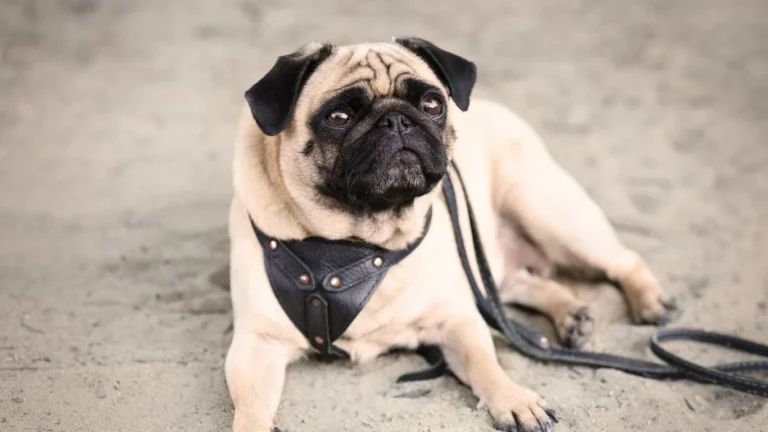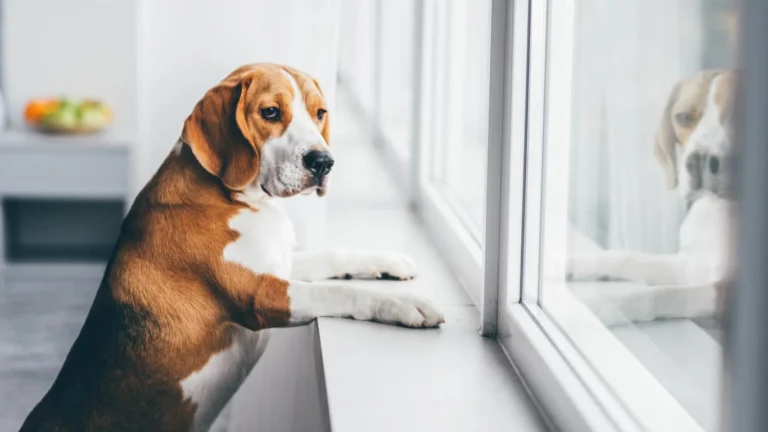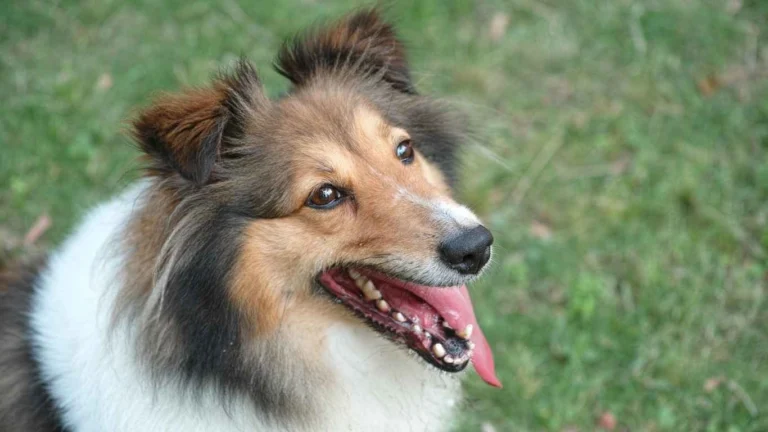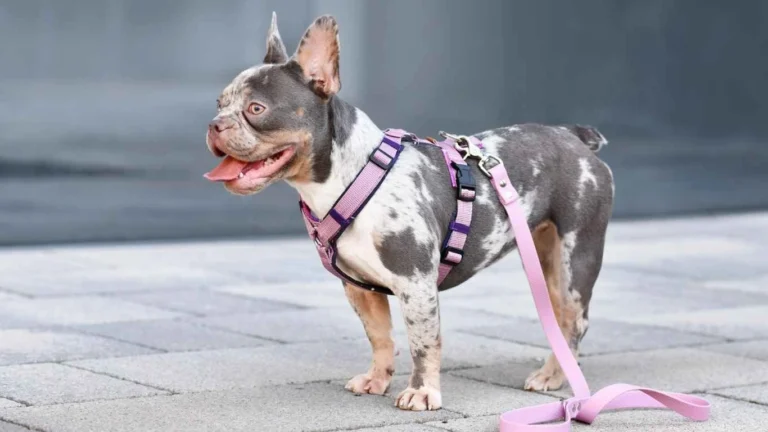How to Quickly Relieve a Bloated Dog Belly and Save Your Pet
When you notice your dog’s belly swelling up and they seem uncomfortable, it can be alarming. If you’ve ever wondered how to relieve a bloated dog belly, you’re definitely not alone. As a Veterinary Assistant with a focus on nutrition, I’ve seen firsthand how distressing this can be—not just for the pups but for their humans, too. Bloat in dogs is more than just a tummy ache; it’s a condition that needs quick attention and understanding. So, let’s dive into what exactly happens when your furry friend’s belly is bloated and what you can do to help ease their discomfort right away.
What Exactly Is Dog Bloat and Why Does It Happen?
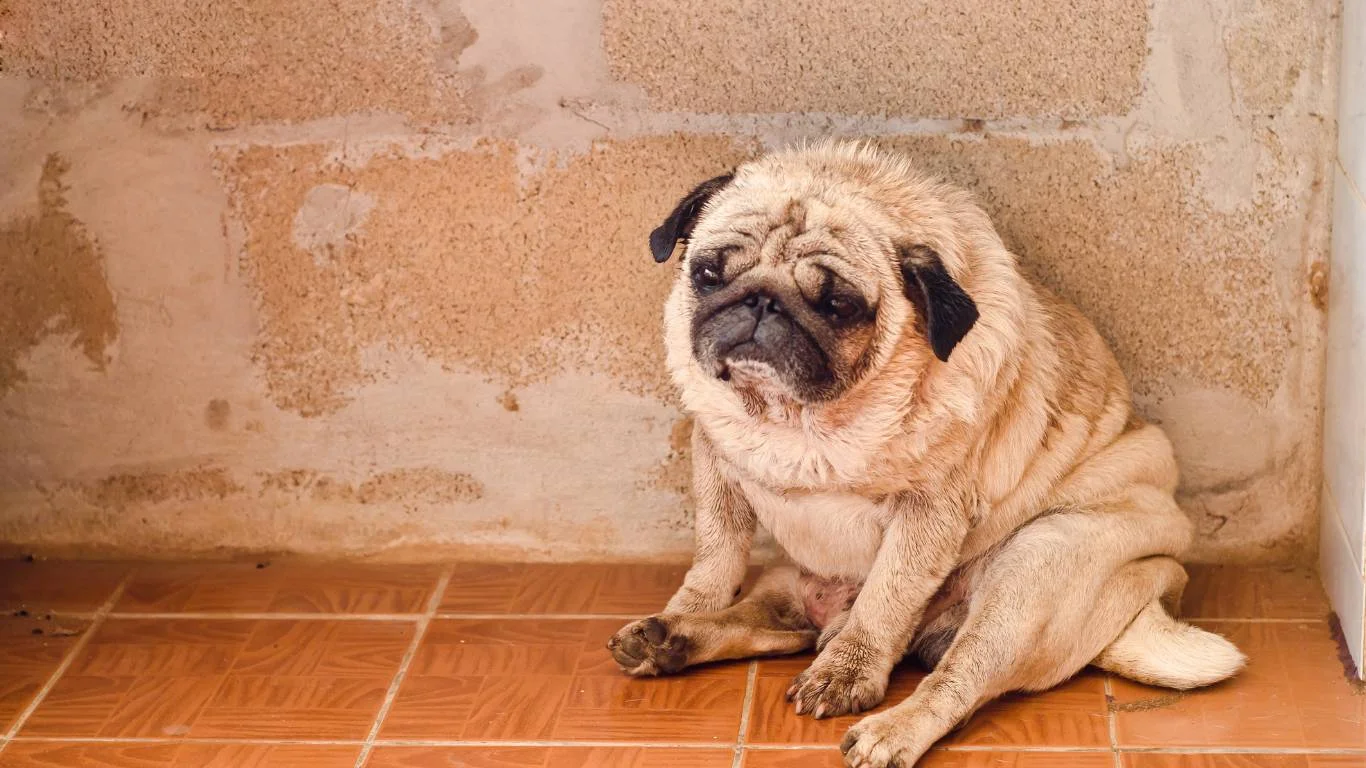
Bloat, also known medically as gastric dilatation-volvulus (GDV), is when a dog’s stomach fills with gas, food, or fluid, causing it to expand. Sometimes the stomach can even twist, which is a life-threatening emergency. But bloat can also happen without twisting, and either way, it’s super uncomfortable for your dog. The causes can be a mix of factors, including eating habits, breed predispositions, or even stress.
From my experience, dogs who gulp their food down really fast or those who eat just one big meal a day seem to be at higher risk. Larger breeds with deep chests, like Great Danes or German Shepherds, are also more prone to bloat. I remember one case where a client’s dog would inhale their food in seconds and then start pacing with a noticeably swollen belly. That’s a classic red flag.
Common Signs Your Dog Might Be Bloated
Recognizing bloat early can make all the difference. Here are some signs I always tell pet parents to watch out for:
- Swollen or hard belly – It might feel tight or distended.
- Restlessness or pacing – Your dog may seem unable to get comfortable.
- Unproductive vomiting or dry heaving – They try to vomit but nothing comes out.
- Excessive drooling – Drool might pool more than usual.
- Rapid breathing or increased heart rate – Signs of distress or pain.
- Whining or signs of discomfort – Vocalizing pain or anxiety.
In my practice, if a dog shows these symptoms, I always recommend contacting a vet immediately. Bloat can escalate quickly, and what starts as simple swelling can turn serious fast.
How to Relieve a Bloated Dog Belly: Immediate Steps You Can Take
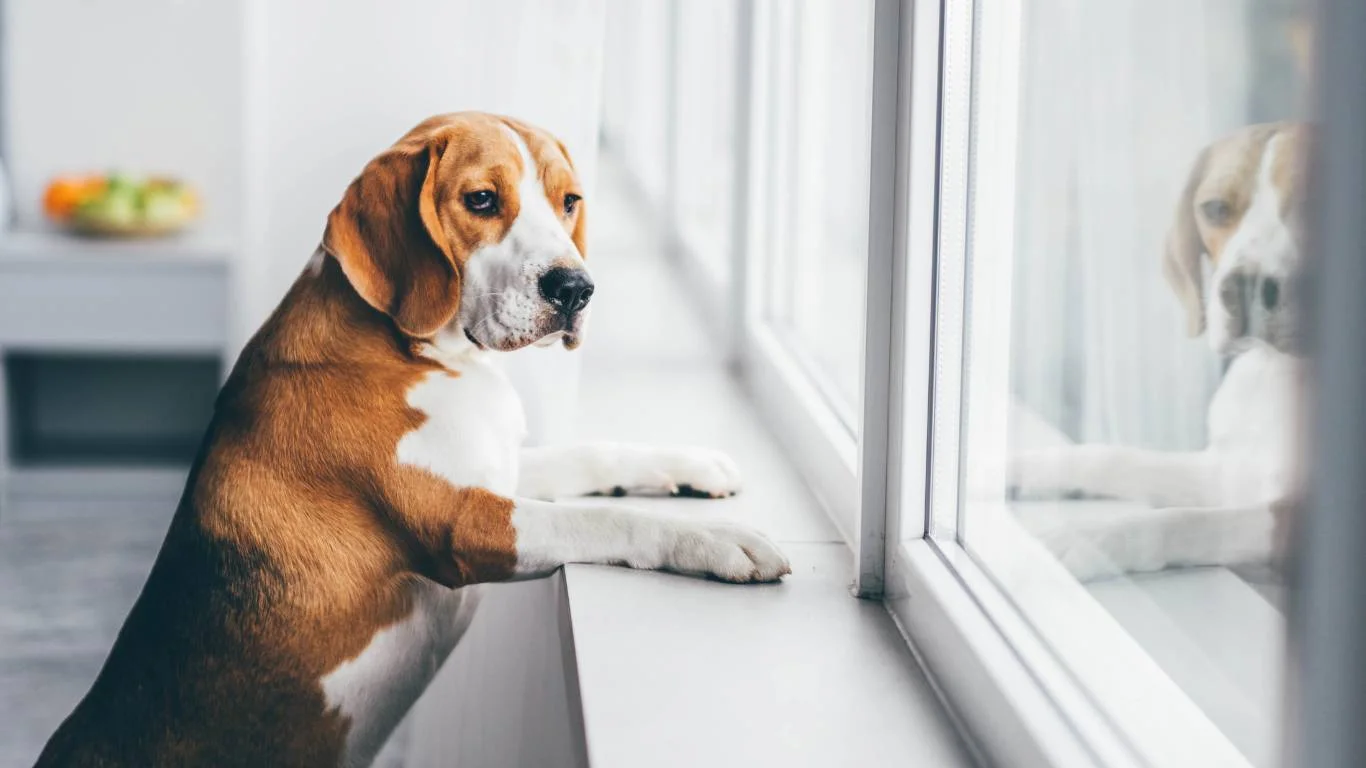
So, you’ve noticed your dog’s belly looks bloated—what now? First off, don’t panic. Here’s what I advise based on years of assisting vets and watching how dogs respond to early care:
1. Keep Your Dog Calm and Comfortable
Stress can make bloat worse, so create a calm environment. Speak softly, avoid sudden movements, and keep them lying down or sitting comfortably. In my experience, gentle petting or speaking can sometimes soothe a dog’s anxiety.
2. Do Not Attempt to Make Your Dog Vomit
It might seem like a natural instinct to try and relieve pressure by making them vomit, but this can be dangerous. Unless a vet specifically tells you to do so, avoid it. The risk of the stomach twisting or causing further damage is too high.
3. Gentle Belly Massage Can Help
I’ve often seen that a slow, gentle massage around the belly area can encourage trapped gas to move along. Use your fingertips to make small circles, starting from the lower belly and working upward, but stop if your dog shows signs of pain.
4. Keep Water Available, But Don’t Force Drinking
Hydration is important, but if your dog seems too uncomfortable or refuses water, don’t force it. Small sips may be better than large gulps, as drinking too quickly can add more air to the stomach.
5. Call Your Vet Immediately
Even if your dog seems to improve, a swollen belly is never something to take lightly. Contact your vet and describe the symptoms. If you have a large breed or notice rapid worsening, head to an emergency clinic without delay.
Diet and Feeding Tips to Prevent Bloat in the Future
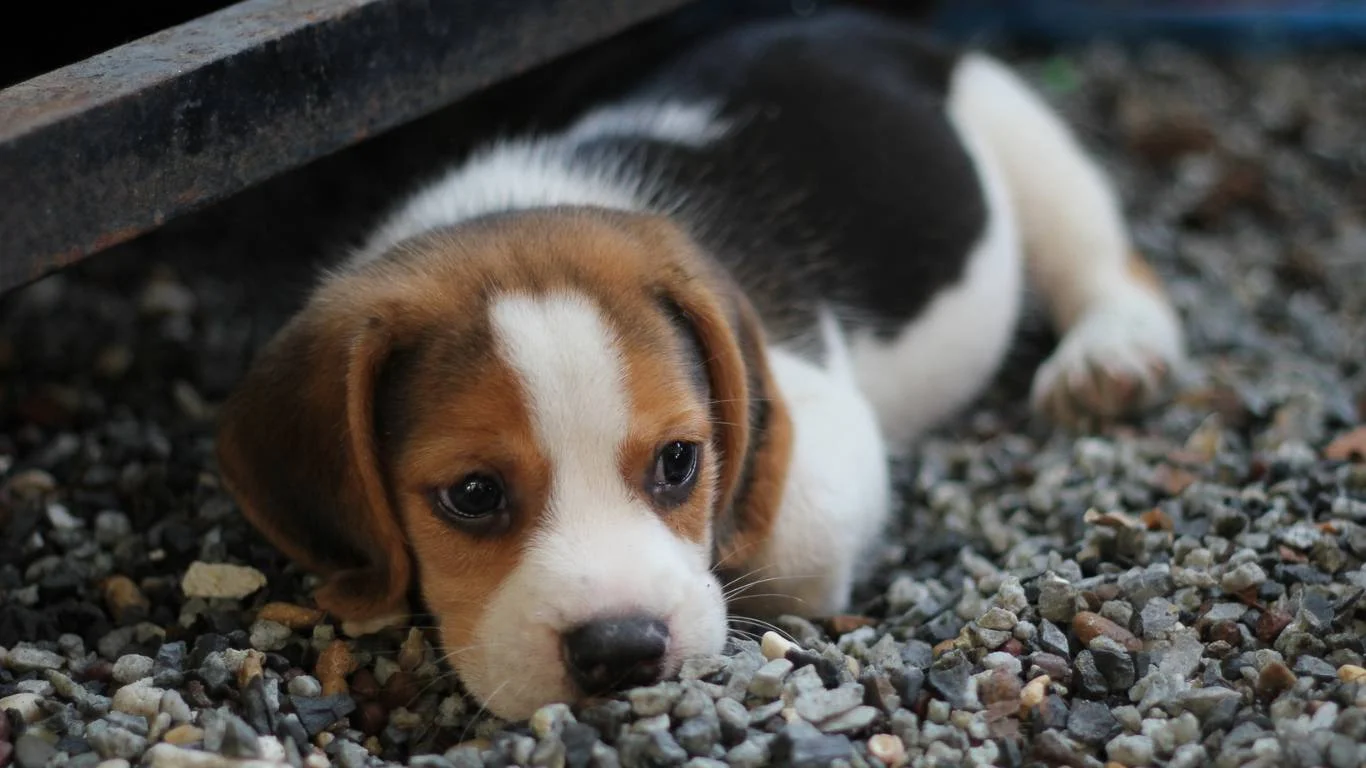
Prevention is key when it comes to bloat. Since I focus on nutrition in my work, I always encourage pet owners to adopt feeding habits that reduce risk. Here are some simple changes that can help:
- Feed smaller, more frequent meals instead of one or two large meals a day.
- Use slow feeder bowls or puzzle feeders to prevent gulping.
- Avoid vigorous exercise right before or after eating—give your dog time to digest calmly.
- Ensure fresh water is always available but not in huge quantities at once.
- Discuss with your vet about diet composition, since some foods can promote gas or indigestion more than others.
Personally, I’ve helped many clients switch to more balanced diets and feeding routines, and they’ve noticed fewer tummy troubles and happier dogs overall. It’s amazing how such small tweaks can make a big difference in comfort and health.
When to Seek Emergency Help for a Bloated Dog
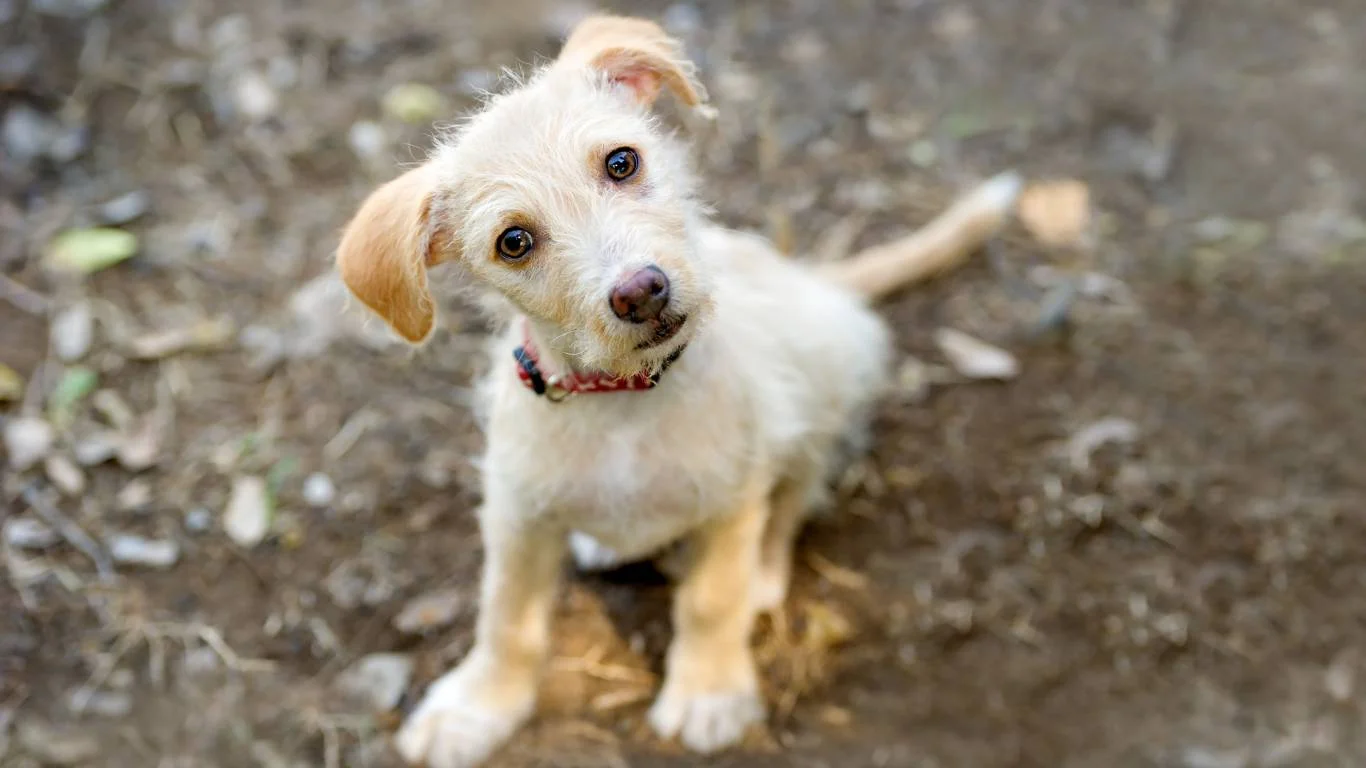
While knowing how to relieve a bloated dog belly at home is super helpful, there are times when professional care is absolutely necessary. Bloat can quickly become life-threatening, especially if the stomach twists (called volvulus), cutting off blood flow and causing shock.
From my years assisting in vet clinics, I can’t stress enough how important it is to recognize the emergency signs. Here’s when you should drop everything and get your dog to a vet immediately:
- Sudden, severe swelling of the belly that gets worse quickly.
- Non-stop retching or unproductive vomiting, where your dog looks like they’re trying to vomit but nothing comes out.
- Difficulty breathing, pale gums, or collapse—these are signs of shock.
- Extreme restlessness or distress that can’t be calmed.
In one memorable case I encountered, a large breed dog arrived at the clinic with a hugely distended abdomen and weak pulse. The quick response and surgery saved the dog’s life. The key takeaway: never wait to see if it “gets better.” Bloat is a race against time.
Medical Treatments Vets Use to Relieve Bloat
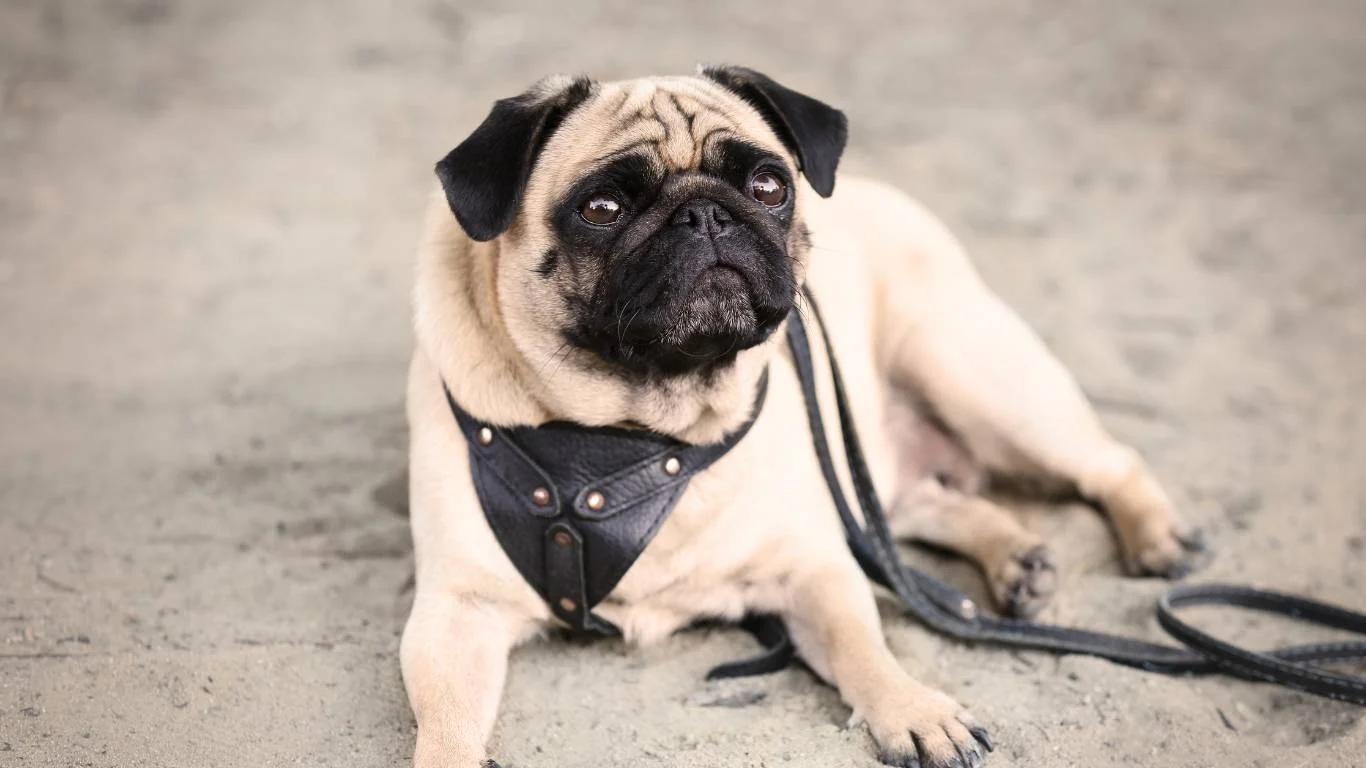
Once you get to the vet, they’ll perform a thorough exam, often including X-rays, to confirm bloat and check if the stomach has twisted. Treatment depends on severity, but here’s what usually happens:
Stomach Decompression
The first step is usually to relieve pressure inside the stomach. Vets might insert a tube through the mouth or use a needle to release trapped gas. This immediate relief can make your dog feel a lot better fast and prevent the stomach from twisting if it hasn’t already.
Surgery
If the stomach has twisted, surgery is almost always needed to untwist it and check for damage. Sometimes, part of the stomach or spleen needs to be removed if blood flow was cut off. Plus, vets often perform a procedure called a gastropexy, which tacks the stomach to the body wall to help prevent future twists.
Supportive Care
Dogs with bloat often need IV fluids, pain relief, and close monitoring for complications like shock or heart problems. The entire process requires a skilled veterinary team and sometimes a few days of hospitalization.
Based on what I’ve seen working alongside vets, dogs that get quick treatment usually have a good prognosis. But delayed care can lead to serious complications or even death, so time is critical.
Preventing Bloat: What You Can Do Daily

Since bloat can be so scary, prevention is something I always emphasize with dog owners. Aside from diet and feeding habits we talked about earlier, here are some additional tips I’ve found helpful for lowering the risk:
Keep Your Dog Calm After Meals
Excitement and exercise after eating can contribute to bloat. I often suggest to clients to keep playtime mellow for at least an hour after their dog’s meal. This helps avoid stomach upset and gas buildup.
Watch Their Weight
Overweight dogs have more pressure on their abdomen, which can increase bloat risk. Helping your dog maintain a healthy weight through proper nutrition and exercise is a big step toward prevention.
Avoid Stressful Situations
Stress can cause dogs to swallow excess air or gulp food faster. If your dog is anxious during mealtime or in general, finding ways to calm them—whether through training, environmental changes, or calming aids—can reduce the risk.
Consider Prophylactic Surgery for High-Risk Dogs
If you have a large breed with a family history of bloat, talk to your vet about gastropexy surgery before any symptoms appear. While it’s a surgical procedure, it’s often a smart preventive option that can save your dog’s life.
How Nutrition Plays a Role in Managing Bloat Risks

Nutrition isn’t just about feeding your dog—it’s a crucial part of overall digestive health and bloat prevention. Since my focus is veterinary nutrition, I often work with pet parents to tailor diets that promote gut health and reduce bloating tendencies.
Here are a few nutrition pointers I share:
- Choose high-quality, easily digestible ingredients. Foods with fillers or poor-quality protein can cause gas and indigestion.
- Incorporate fiber moderately. Fiber helps regulate digestion, but too much or the wrong type can cause bloating.
- Avoid foods that cause gas. Some dogs react poorly to beans, peas, or soy, so watch for triggers.
- Keep treats and extras to a minimum. Overfeeding snacks can upset stomach balance.
From my experience, switching to a balanced, vet-approved diet tailored to your dog’s breed, age, and health status makes a noticeable difference. Always consult your vet before making drastic diet changes, especially if your dog has a history of bloat or other digestive issues.
Long-Term Care and Monitoring After a Bloated Dog Belly

After your dog has experienced bloat, the road to recovery and prevention requires some extra attention. From what I’ve seen working closely with vets and pet families, post-bloat care isn’t just about healing physically — it’s about keeping a sharp eye on behavior and lifestyle changes to prevent a repeat episode.
One of the first things vets often recommend is regular check-ins to monitor your dog’s digestive health. This can include occasional physical exams and sometimes follow-up X-rays if there’s any concern about recurring swelling or discomfort. It’s super important to watch for any subtle signs like mild tummy distension, changes in appetite, or restlessness, even weeks or months after the initial event.
In my experience, dogs who bounce back well usually have owners who are proactive about feeding routines and managing stress. Here are a few key tips I always share with clients for long-term care:
- Keep meals consistent: Stick to the same feeding schedule and avoid sudden changes in diet.
- Monitor behavior: Note any signs of discomfort, pacing, or drooling early and call your vet if anything seems off.
- Maintain a calm environment: Stress reduction is a big part of preventing bloat, so create a relaxing home atmosphere, especially around mealtimes.
- Limit vigorous exercise: Especially right before or after meals, to reduce chances of gas buildup or twisting.
- Follow your vet’s advice: Whether it’s medication, supplements, or surgery recommendations, staying on top of vet guidance is crucial.
My Personal Take on Post-Bloat Care
Having assisted in several cases where dogs returned with bloat episodes, I always encourage pet parents to trust their instincts. If something feels “off,” don’t wait. One particular pup I remember was back to normal within days after emergency treatment, but the owner stayed vigilant for months, carefully adjusting feeding methods and creating a quiet mealtime ritual. That attentiveness made all the difference in preventing further issues.
Natural Remedies and Supplements: Do They Help?
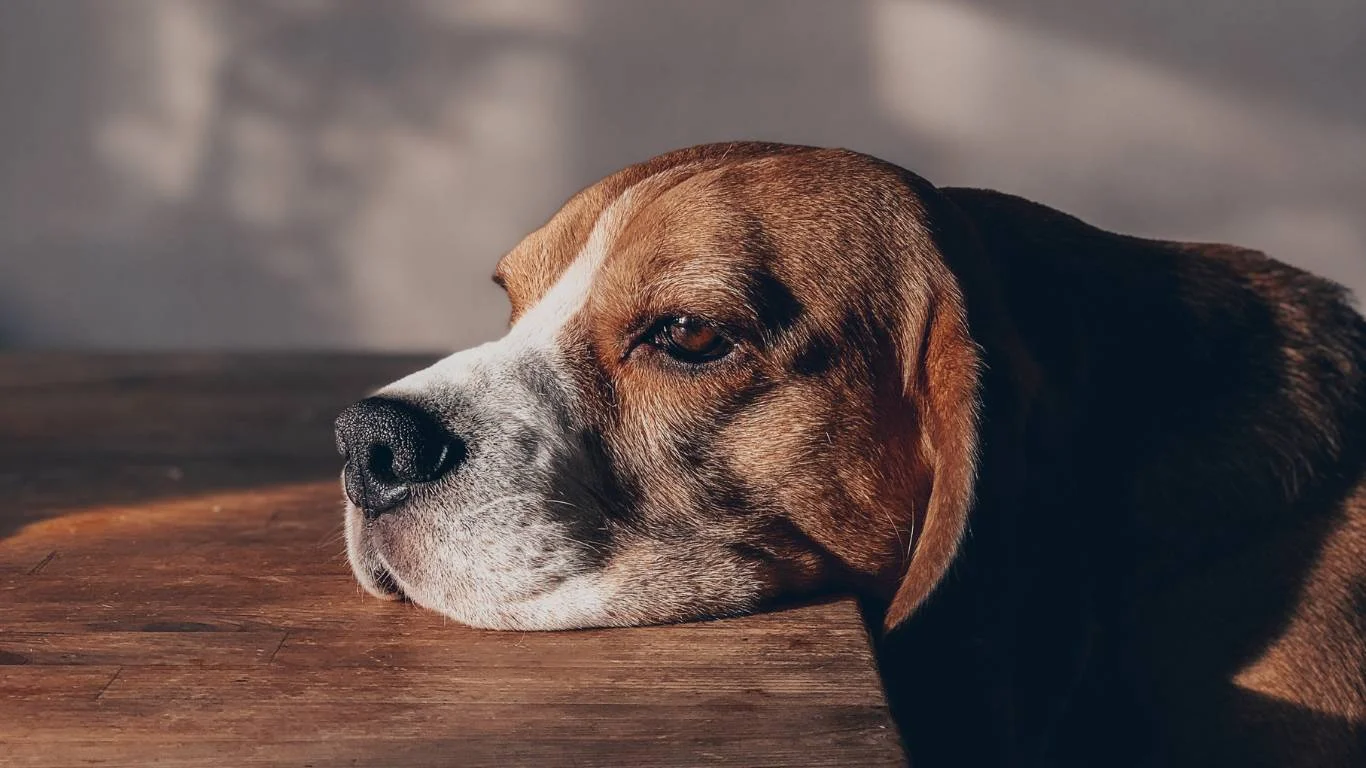
There’s a lot of buzz around natural remedies for digestive health, and it’s understandable why pet owners want to explore these options. While I’m all for holistic approaches when safe and effective, it’s essential to approach this carefully, especially with something as serious as bloat.
Some supplements can support gut health and reduce gas, like probiotics, digestive enzymes, or certain herbal blends. From my work alongside veterinary nutritionists, these can be beneficial as part of a balanced care plan, but they’re never a substitute for proper veterinary treatment or emergency care.
If you’re considering natural supplements, here’s what I recommend:
- Consult your vet first. They know your dog’s health history and can suggest safe options.
- Choose reputable brands. Quality matters to avoid harmful additives or inaccurate dosing.
- Monitor your dog closely. Watch for any adverse reactions or changes in symptoms.
Personally, I’ve seen probiotics improve some dogs’ digestion and reduce minor gas, but they’re just one piece of the puzzle. For true bloat risk reduction, combining good nutrition, feeding practices, and veterinary oversight is the way to go.
Understanding Bloat Risks by Breed and Age
Not all dogs have the same risk when it comes to bloat. In my veterinary assistant role, I’ve learned that breed and age play significant roles. Large, deep-chested breeds like Great Danes, Boxers, Standard Poodles, and Dobermans tend to have a higher chance of developing bloat. Older dogs also seem more susceptible, possibly due to slower digestion or underlying health conditions.
Knowing your dog’s specific risk factors can guide your prevention strategy. If you own a high-risk breed, I encourage you to talk to your vet about early screening and preventive measures such as gastropexy surgery, which can drastically lower the risk of a life-threatening twist.
Key Takeaways on How to Relieve a Bloated Dog Belly
Remember, how to relieve a bloated dog belly is all about timely action, calming your pup, and getting professional help fast. Your knowledge and quick response can truly save a life.
Based on my experience and what veterinary experts recommend, never underestimate the seriousness of bloat. With the right feeding habits, vigilant monitoring, and immediate veterinary care when needed, you can protect your furry friend and keep those bellies happy and healthy.
References
- American Veterinary Medical Association
- American College of Veterinary Surgeons
- American Gastroenterological Association
Disclaimer
This article is for informational purposes only and is not a substitute for professional veterinary advice. If you suspect your dog has bloat or any medical emergency, contact your veterinarian or an emergency animal hospital immediately. The author and publisher are not responsible for any harm or injury resulting from applying the information presented.
